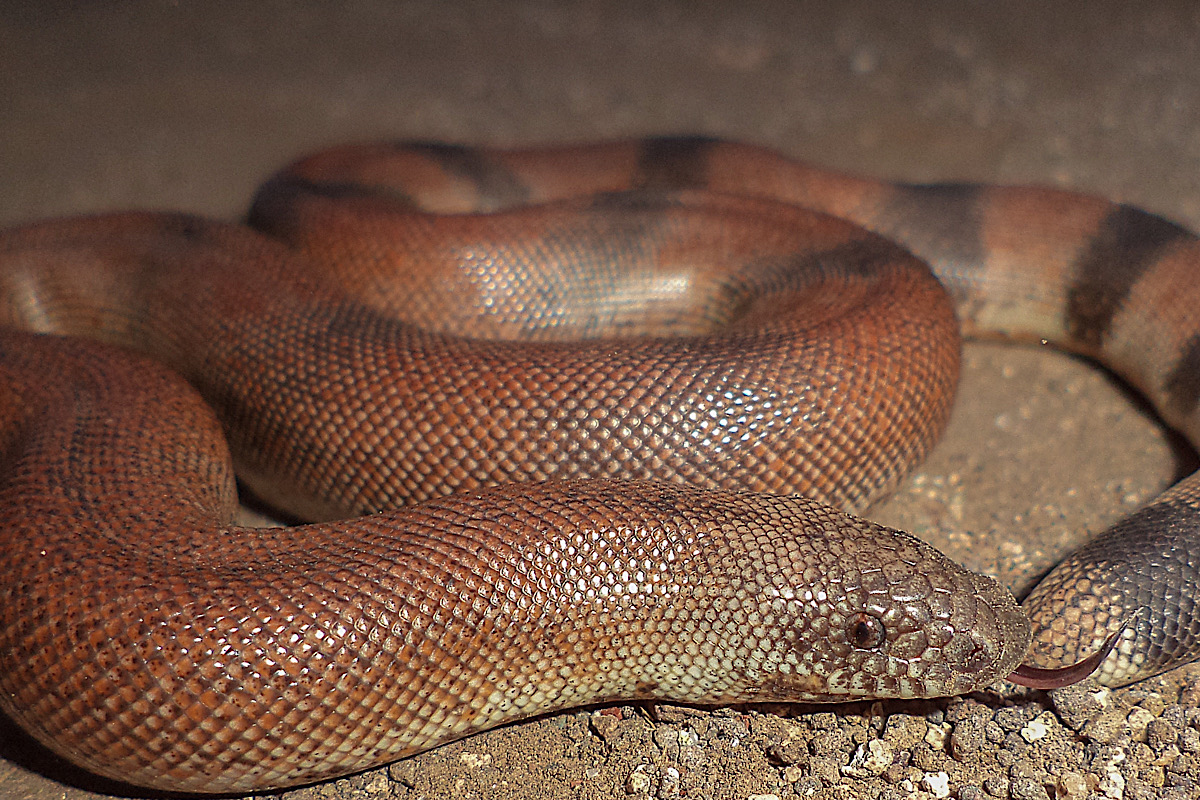ER recorded 494.87 million suburban passengers in current fiscal
Eastern Railway recorded about 494.87 million suburban passengers up to September in the current fiscal, informed official sources today.

Illegal trade of Red sand Boa snake threatens its extinction in India
Illegal trading of the Red Sand Boa Snake (Eryx Johnii) has put it on the verge of becoming extinct in India. According to a report on the illegal trade of Red Sand Boa snake released by the Wildlife Conservation Society (WCS), 172 incidents of seizure of this reptile were reported in media from January 2016 to December 2021.
Red Sand Boa is listed as near threatened by the International Union for Conservation of Nature (IUCN). The report says “Red Sand Boas have reportedly declined by as much as 80 per cent in some areas, with the species being one of the most traded reptiles in India.”
Advertisement
Maharashtra tops in this illegal trade with a record of 59 cases of Red Sand Boa trafficking, numbers are high in urban areas such as the districts of Pune (11), Thane (9), Raigad (7), and Mumbai Suburban (5).
Advertisement
The second highest illegal trading of it takes place in Uttar Pradesh with 33 incidents of illegal trading of red sand boa districts Bahraich (8) and Lakhimpur-Kheri (7) near the international border with Nepal reporting the highest number of trafficking incidents as per the report.
“It’s not traded for venom as the snake is non-venomous, it’s a victim of black magic or occult rituals which makes it an ideal target for trafficking.
Wildlife SOS has been working to reform communities of saperas with alternative livelihood.” says Wasim Akram Deputy Director of Special Projects, Wildlife SOS.
“Red Sand Boa mostly feeds on mammals like rats, mice, and other small rodents, so poaching of this specie will impact overall ecological balance and will disturb the delicate structure of various ecosystems,” says Kartick Satyanarayan CO-founder and CEO, Wildlife SOS.
“People forget that the snake is protected under schedule IV of India’s Wildlife (protection) Act 1972, making any sale or possession of sand boas punishable.” says Kartick Satyanarayan CO-founder and CEO, of Wildlife SOS.
India is home to three species of Boas, the common Sand Boa (Eryx conicus), the endemic Whitaker’s Boa (Eryx whitakeri), and the Red Sand Boa (Eryx johnii). Of these three species, the Red Sand Boa, also commonly known as the Brown Sand Boa or Indian Sand Boa, is the most encountered boa species in illegal trade in India as per the reports.
The entire Boidae family, previously protected under Schedule IV of the Wildlife Protection Act (1972) of India, is now protected under Schedule II as per recent amendments to the act. This prohibits the capture, hunting, possession, and sale of all endemic species of this family across India.
Advertisement
Eastern Railway recorded about 494.87 million suburban passengers up to September in the current fiscal, informed official sources today.
Suburban commuters were left in the lurch as around 100 local trains were cancelled due to the 12-hour bandh called by the BJP today.
The Karnataka Rail Infrastructure Development Company Ltd (K-RIDE) has prepared a new proposal of 452-km length to extend the Bengaluru Suburban Rail Project (BSRP) to nearby cities and towns and has sought the approval of the Railways Ministry to conduct the pre-feasibility study, a state government statement said.
Advertisement
